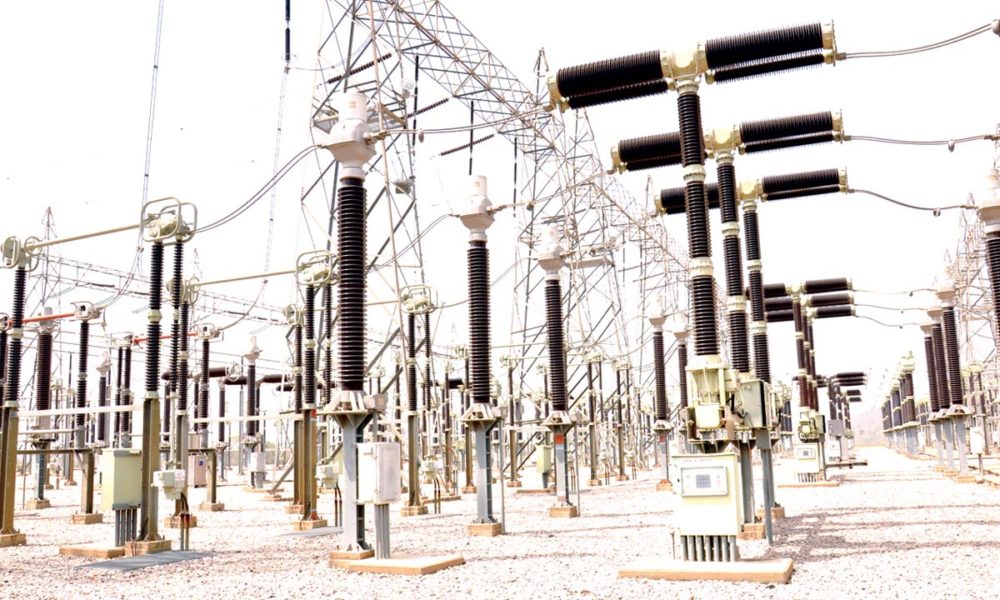Economy
NERC Faults Power Distributors’ Estimated Billing

- NERC Faults Power Distributors’ Estimated Billing
Electricity distribution companies have not effectively implemented the methodology for estimated billing issued by the Nigerian Electricity Regulatory Commission, the regulator has said.
The Chairman/Chief Executive Officer, NERC, Prof James Momoh, who described the methodology as a scientific method to estimate electricity consumption, said it was aimed at bringing fairness to customers who had no meters.
According to him, the provisions of the methodology require that all distribution transformers are metered so as to have a scientific means of deducting the consumption of customers who have meters from the distribution transformer meter and then share what is left appropriately to customers who have no meters.
“The Discos failed to do distribution transformer metering, which the methodology was heavily dependent on for fairness, hence the source of inaccuracy in estimated billing,” Momoh said in the January edition of NERC’s newsletter obtained by our correspondent on Sunday.
He, however, said the commission had maintained the implementation of the methodology of estimated billing and had, in some instances, sanctioned some Discos for overbilling.
According to Momoh, the Regulation on Meter Reading, Cash Collections and Credit Management (2007) states that estimated billing shall only occur where a distribution company is unable to obtain a meter reading at a customer’s premises.
He said, “It is expected that where a consumer is billed an unrealistic amount or crazy bill, he/she should pay the last estimated bill that he/she is comfortable with and then make a formal complaint to the consumer complaints office of the Disco.
“This complaint is expected to be resolved within 15 days. Where this is not done or the customer is unsatisfied with the resolution by the Disco, they may escalate the matter to the NERC forum office.”
Momoh said since the privatisation of the power sector, there had been a constant decline in the provision of meters to existing customers by the Discos while new customers had been added steadily to their networks, contributing to a significant metering gap.
He said investigations by the commission revealed that a total number of 5,172,979 electricity customers were registered as of May 2012, but only 2,893,701 had meters.
He noted that the Discos signed performance agreements with the Bureau for Public Enterprises in 2013, with the provision of 1,640,000 meters expected annually over the next five years.
The NERC boss, however, said the Discos failed to abide by the performance agreement terms and also failed to effectively meter customers under the Credit Advance Payment for Metering Initiative.
“This setback meant that by December 2018, the number of customers had risen to 8,342,880 with 3,558,692 metered and a total of 4,784,188 unmetered and billed on estimates,” Momoh added.
He noted that the Discos had lamented at various times that the tariff granted by virtue of the MYTO 2015 Order remained insufficient for them to carry out the required investments in electricity infrastructure, comprising metering, network clean-up, customer enumeration and improvement to network assets.
Commenting on the metering scheme introduced by the regulator last year, he said, “The commission is currently reviewing the procurement process in the Discos, having appointed tender auditors to audit the Discos and ensure that the Meter Asset Providers appointed are the outcome of a transparent, cost-effective process that will guarantee Nigerians best price of qualitative meters.
“The commission is presently reviewing all submissions by Discos on the procurement of their MAPs. The MAPs will work with the Discos to ensure that the metering gap is closed.”